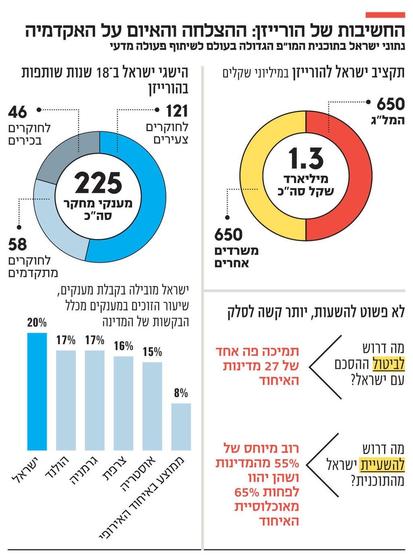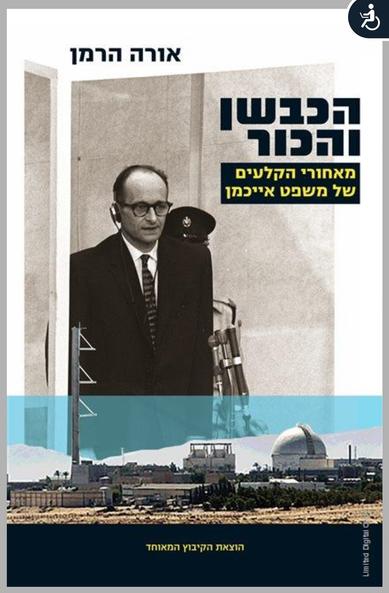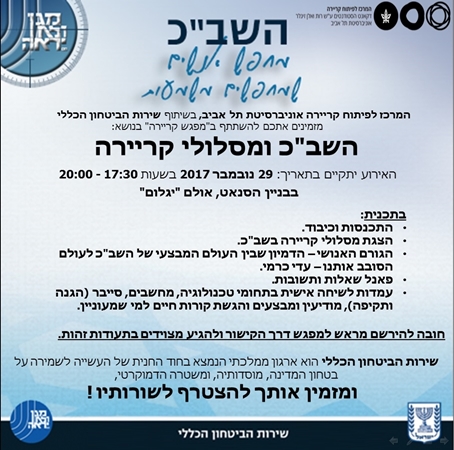Questions about Israel and the European Union’s Horizon Europe program
The European Union’s Horizon Europe program serves as a lifeline for Israeli academia, which remains complicit and silent about the ongoing genocide in #Gaza. Shouldn't Israeli participation in EU programs face greater scrutiny based on legal and ethical obligations?
Separating Israeli research from government policies is like claiming Israel's #Eurovision participation doesn't benefit the state. Israeli media acknowledges that losing Horizon Europe access could trigger isolation and academic decline similar to Russia's post-sanctions deterioration. These grants provide more than funding—they offer prestige, international collaborations, and access to cutting-edge infrastructure. The Council for Higher Education warns of "devastating" consequences including research deterioration and accelerated brain drain, while university leaders emphasize threats to Israel's academic status. Simultaneously, cuts to US government science funding create what Israeli sources call a "double-sided attack" on their research capabilities.
Concerns raised in the Q&A:
Even civilian research projects can free up Israeli government resources for military operations and settlement expansion, while continued EU cooperation legitimizes these policies and weakens international pressure for change. Further more, monitoring mechanisms cannot prevent misuse or ensure that research and technology aren't ultimately used for military purposes, creating moral inconsistency in condemning Israel's actions while providing funding that indirectly supports the state.
The ongoing genocide in Gaza, with its massive civilian casualties and humanitarian crisis, only intensifies these concerns and shows that maintaining the status quo in fact fails to hold Israel accountable, while sending the wrong message about the EU's commitment to human rights and international law. While a full revocation of the association agreement is considered highly improbable due to the need for unanimous consent, a suspension or exclusion from Horizon Europe specifically is a real possibility requiring a qualified majority vote, and the likelihood of this happening depends on the evolving political situation.
https://www.europarl.europa.eu/doceo/document/E-10-2025-000180-ASW_EN.html
The infographic illustrates Israel's significant dependence on Horizon Europe funding across various academic disciplines.
Israel in Horizon Europe (18 years of different programs):
- 225 total research grants received
- 121 grants to young researchers
- 58 grants to advanced researchers
- 46 grants to senior researchers
Israeli Proposals to Horizon Europe:
- 1.3 billion NIS total funding requested
- 650 million NIS approved funding
- 650 other proposals
Israeli Performance by Research Field (percentage of grants received):
- Medical/Health: 20%
- Life Sciences: 17%
- Exact Sciences: 17%
- Engineering: 16%
- Social Sciences: 15%
- Humanities and Arts: 8%
Hebrew https://www.calcalist.co.il/local_news/article/rjne6kkgel
@academicchatter @palestine
@israel
#GazaGenocide
#HorizonEurope #IAI


